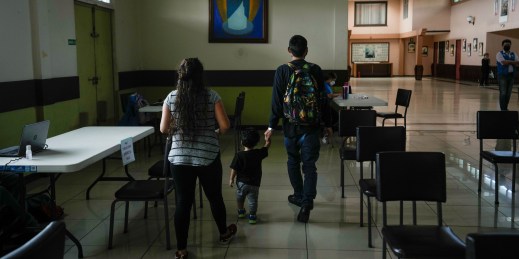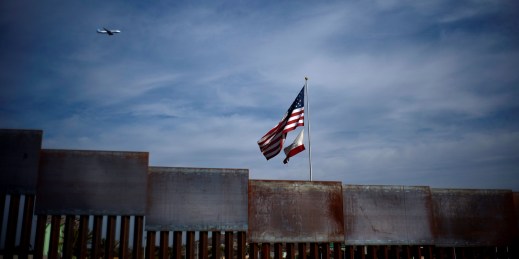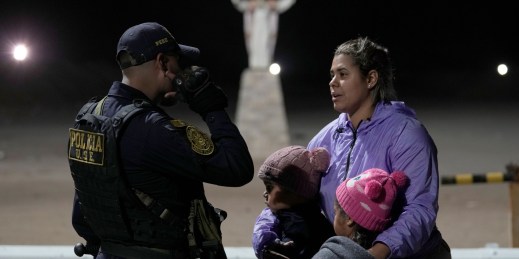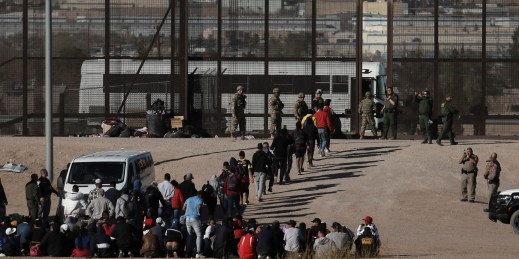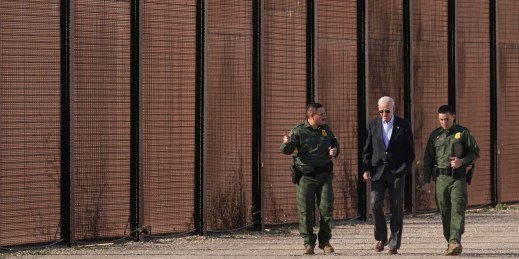
Earlier this week, Florida Gov. Ron DeSantis officially threw his hat into the ring for next year’s U.S. presidential election. Fashioning himself as a credible challenger to Trump, his entrance into the race all but guarantees that the migration crisis on the United States’ southern border will figure centrally in the campaign.

